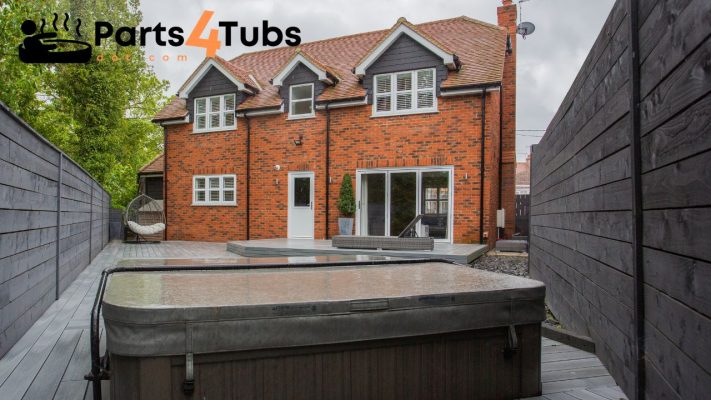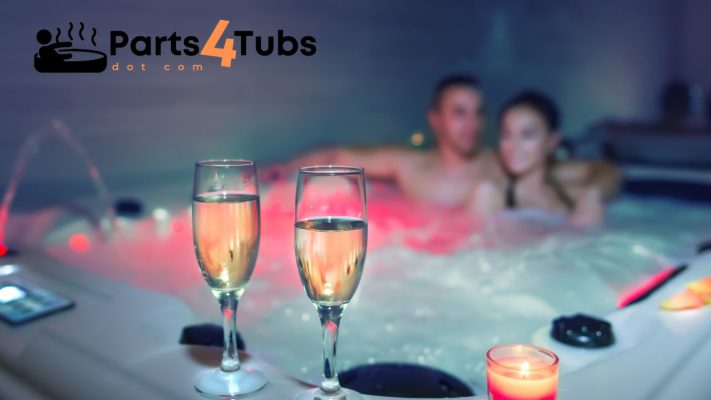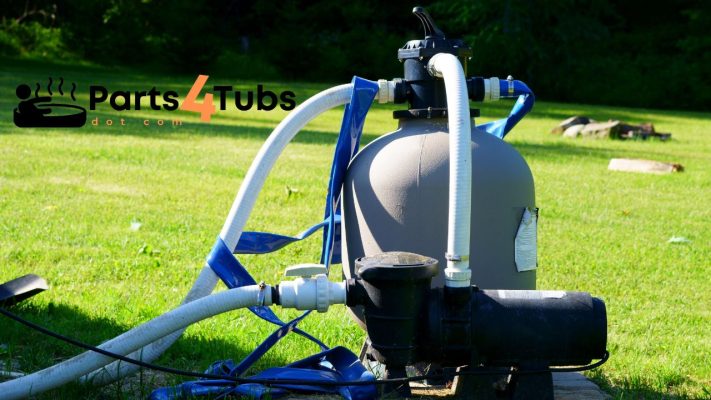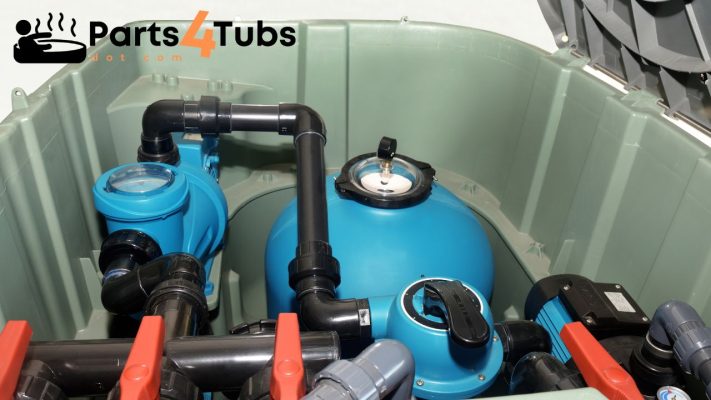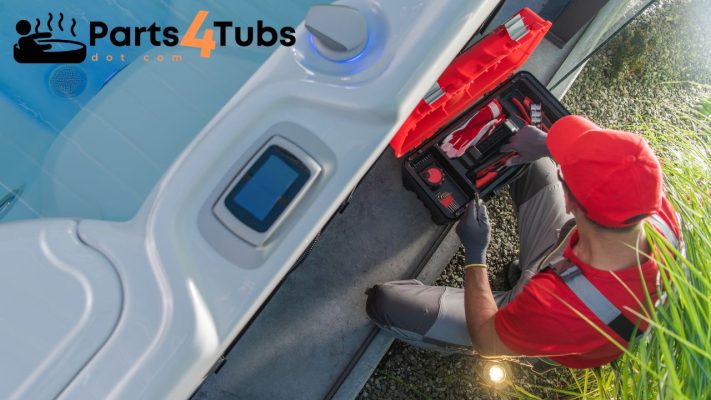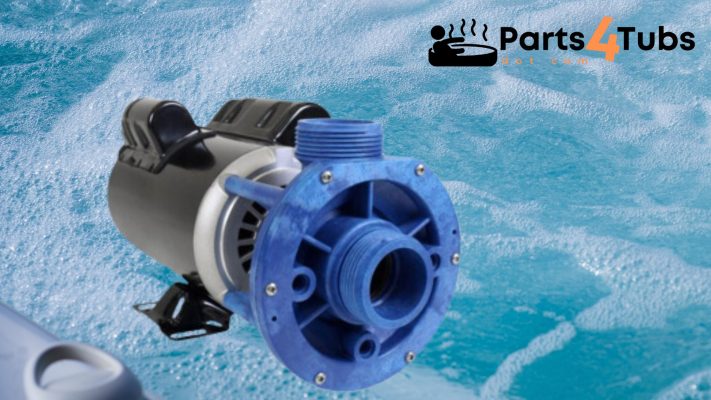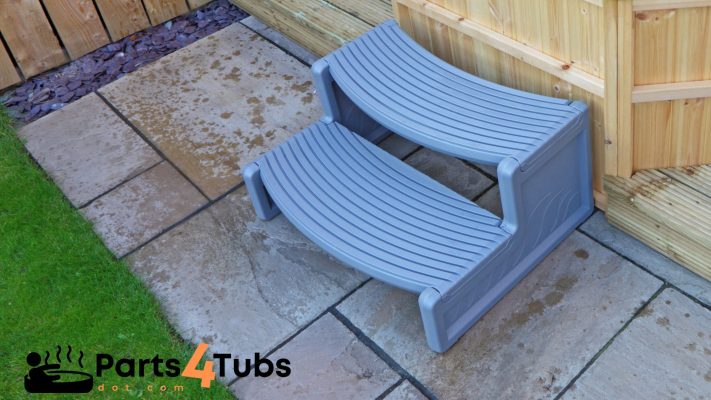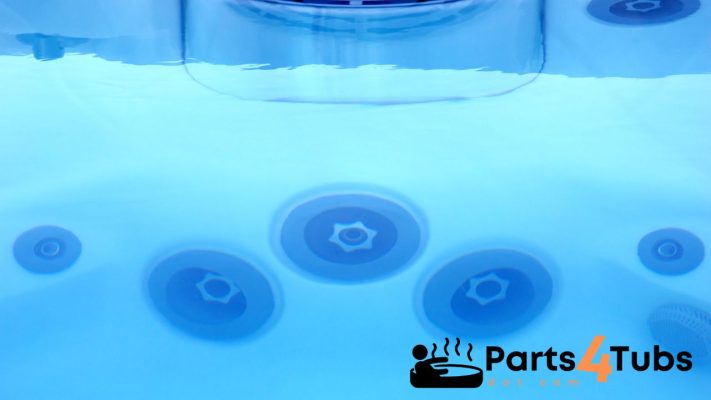Hot Tub Parts Related
Hot Tub Jet Pumps – Everything you need to know!
Welcome to the world of hot tubs, where relaxation and hydrotherapy take center stage. As a hot tub design consultant and the proud founder of Parts4Tubs.com, your trusted source for all things hot tub-related, I’m excited to delve into the fascinating topic of hot tub jet pumps.
These powerful components are the driving force behind the invigorating massage experience in your hot tub. In this comprehensive guide, I’ll explore the ins and outs of hot tub jet pumps, uncovering their importance, functionality, and how they contribute to your overall hot tub enjoyment.
So, let’s dive in and discover the wonders of hot tub jet pumps together!
What is a hot tub jet pump?
A hot tub jet pump is a critical component that is responsible for creating the rejuvenating and therapeutic massage experience in your hot tub. It is a specially designed pump that draws water from the tub, pressurizes it, and propels it through the jets. This creates a soothing and invigorating water flow that targets specific areas of your body, providing relief to tired muscles and promoting relaxation.
Hot tub jet pumps are typically equipped with powerful motors and impellers that generate a strong water flow. The impellers work by rotating rapidly, creating a suction force that pulls water into the pump and then expels it through the jets with increased pressure. The number and configuration of jets can vary depending on the hot tub model, allowing for customization and a personalized massage experience.
The jet pump also plays a vital role in maintaining water circulation and filtration in the hot tub. As water is pushed through the jets, it moves throughout the entire tub, ensuring that all areas are properly circulated. This helps distribute chemicals, heat, and filtration evenly, resulting in cleaner and more hygienic water.
Hot tub jet pumps are available in different sizes and power ratings, allowing you to choose the one that best suits your hot tub’s specific needs. They are designed to be durable and reliable, capable of withstanding the demanding conditions of hot tub use.
What parts are there for a hot tub jet pump?
A hot tub jet pump consists of several essential parts that work together to ensure its proper functioning. These parts include:
Motor:
The motor is the heart of the jet pump, providing the necessary power to drive the impeller and create water flow. It is typically an electric motor that operates on either single-speed or dual-speed settings, allowing you to control the intensity of the jets.
Impeller:
The impeller is a rotating component within the pump that draws water in and propels it out through the jets. It is designed with curved blades that generate the necessary pressure to create the desired water flow and massage effect.
Wet End:
The wet end is the portion of the jet pump that comes into contact with water. It houses the impeller and is responsible for drawing water into the pump, pressurizing it, and directing it towards the jets.
Housing or Casing:
The housing or casing of the jet pump encloses and protects the motor, impeller, and other internal components. It is typically made of durable materials like plastic or stainless steel to withstand the harsh conditions of hot tub environments.
Seals and Gaskets:
Seals and gaskets are essential for preventing leaks and ensuring a watertight seal within the jet pump. They are typically made of rubber or silicone and are positioned at various points where different parts of the pump connect.
Mounting Bracket:
The mounting bracket secures the jet pump in place within the hot tub system. It provides stability and prevents excessive vibration or movement during operation.
Electrical Connections:
The jet pump is connected to the hot tub’s electrical system through electrical wiring. This allows the motor to receive the necessary power and control signals for operation.
How does a hot tub jet pump work?
A hot tub jet pump operates based on the principles of a centrifugal pump. Let’s dive into the details of how it works:
Centrifugal Pump:
A hot tub jet pump is a type of centrifugal pump, which means it uses centrifugal force to move water. Centrifugal force is generated by the rotation of the impeller, a disc-like component with curved blades. As the impeller spins, it creates a centrifugal effect that draws water in and propels it out through the jets.
Water Intake:
The process begins when the pump is activated, and the impeller starts rotating. As the impeller spins, it creates a low-pressure zone at the center, causing water to be drawn into the pump through an intake or suction port. The water is then directed towards the impeller.
Impeller Rotation:
The impeller’s rotation imparts energy to the water, increasing its pressure and velocity. The curved blades of the impeller push the water outward, creating a centrifugal force that propels it towards the outer edges of the impeller.
Water Discharge:
As the water moves radially outward through the impeller, it is directed into a volute or diffuser. The volute is a specially designed chamber that gradually expands to convert the high-speed, low-pressure flow into a lower-speed, higher-pressure flow.
Jet Creation:
From the volute or diffuser, the water is channelled into individual jets located throughout the hot tub. The jets are designed to direct the flow of water in specific patterns, providing targeted massage and hydrotherapy effects.
Electrical Components and Capacitors:
To power the hot tub jet pump, electrical components are involved. The motor is responsible for driving the impeller and generating the necessary rotational motion.
Capacitors play a crucial role in the start-up of the motor. They store electrical energy and provide an extra burst of power to help overcome the initial resistance and initiate motor rotation. Capacitors discharge their stored energy to the motor, creating a magnetic field that enables the motor to start.
Coil and Electrical Charge:
Within the motor, there is a coil of wire that interacts with the electrical charge provided by the capacitor. The electrical charge creates a magnetic field around the coil, resulting in the rotational motion of the impeller.
The capacitors in the hot tub jet pump are essential for providing the initial boost of power to start the motor and initiate the water flow. Without capacitors, the motor may struggle to start, leading to a lack of water circulation and inadequate jet performance.
By understanding the inner workings of a hot tub jet pump, you can appreciate how it utilizes centrifugal force, electrical components, and capacitors to create the invigorating water flow and massage experience in your hot tub. Regular maintenance and ensuring the proper functioning of electrical components are essential to keep your hot tub jet pump operating smoothly and efficiently.
What do I need to consider when looking for a replacement jet pump?
When looking for a replacement jet pump for your hot tub, there are several important factors to consider. Here are some key considerations:
- Compatibility: Ensure that the replacement jet pump is compatible with your hot tub model. Check the specifications and requirements provided by the hot tub manufacturer or consult with a reputable supplier or technician to find a suitable replacement that matches the flow rate, voltage, and other specifications of your existing pump.
- Size and Design: Consider the size and design of the replacement pump to ensure it fits within the available space in your hot tub. Measure the dimensions of the existing pump and compare them to the dimensions of the replacement pump to ensure a proper fit.
- Flow Rate: The flow rate of the jet pump determines the water flow and pressure delivered by the jets. Consider the desired flow rate based on your preference and the size of your hot tub. Opt for a replacement pump that provides a suitable flow rate for your specific needs.
- Horsepower: The horsepower (HP) rating of the jet pump is an indicator of its power and performance. Consider the horsepower of the existing pump and evaluate whether you want to maintain the same power or upgrade to a higher horsepower for enhanced jet performance.
- Electrical Requirements: Check the electrical requirements of the replacement jet pump, including the voltage and amp requirements. Ensure that your hot tub’s electrical system can support the new pump without overloading the circuit.
- Quality and Reliability: Choose a replacement jet pump from a reputable manufacturer or supplier known for producing reliable and high-quality products. Read customer reviews and ratings to get an idea of the pump’s performance and durability.
- Warranty and Support: Look for a replacement jet pump that comes with a warranty to provide protection against manufacturing defects. Additionally, consider the availability of customer support or technical assistance from the manufacturer or supplier in case you have any questions or issues.
- Budget: Consider your budget when selecting a replacement jet pump. Compare prices from different suppliers and manufacturers while keeping in mind the quality, features, and performance of the pump. Striking a balance between cost and quality is important.
Can I replace a hot tub jet pump?
Yes, you can replace a hot tub jet pump if needed. Here’s a general process to guide you:
Identify the Correct Replacement: Before replacing the jet pump, you need to ensure you have the correct replacement that matches the specifications of your existing pump.
Check the model and make of your current pump and consult with a reputable supplier or manufacturer to find the appropriate replacement pump.
Turn off Power: Prior to any work on your hot tub, it’s crucial to turn off the power supply. Locate the circuit breaker or disconnect switch dedicated to the hot tub and switch it off to cut off electricity to the system.
Drain the Hot Tub: To replace the jet pump, you’ll need to drain the hot tub water. Follow the instructions in your hot tub’s manual to drain the water properly and ensure the plumbing lines are clear.
Access the Jet Pump: The location of the jet pump may vary depending on the hot tub model. Typically, the pump is located underneath the hot tub or within a designated equipment compartment. Remove any access panels or covers to gain access to the pump.
Disconnect Plumbing Connections: Take note of the plumbing connections to the existing jet pump. Using appropriate tools, carefully disconnect the plumbing pipes or fittings that are connected to the pump. It’s essential to avoid damaging the pipes or fittings during this process.
Disconnect Electrical Connections: Disconnect the electrical connections to the jet pump. This may involve disconnecting wires from terminals or removing wire nuts, depending on the wiring setup. Take note of the wiring configuration and ensure you can reconnect the wires correctly to the new pump.
Remove the Old Jet Pump: With the plumbing and electrical connections disconnected, remove the old jet pump from its mounting bracket or secure location. Lift it out carefully, taking note of its orientation for reference when installing the new pump.
Install the New Jet Pump: Position the new jet pump in the same orientation as the old pump. Secure it in place using the mounting bracket or any provided brackets or screws. Ensure a secure and stable installation.
Reconnect Plumbing Connections: Connect the plumbing pipes or fittings to the new jet pump. Use appropriate connectors or couplings and ensure a tight and leak-free connection. Take care not to overtighten, as it can damage the fittings.
Reconnect Electrical Connections: Reconnect the electrical connections to the new jet pump, following the wiring configuration from the old pump. Ensure all connections are secure and properly insulated.
Test the Pump: Before filling the hot tub with water, turn on the power supply and test the new jet pump. Check for any unusual noises, vibrations, or leaks. Verify that the pump is running smoothly and circulating water properly.
Refill the Hot Tub: Once you are confident in the new jet pump’s functionality, you can refill the hot tub with water. Follow the manufacturer’s guidelines for filling the hot tub to the appropriate water level.
Test the Hot Tub: Turn on the hot tub and test the jets to ensure they are functioning correctly. Check for adequate water flow and pressure. Monitor the system for any signs of leaks or malfunctions.
Conclusion
In conclusion, when it comes to replacing a jet pump in your hot tub, it’s important to consider compatibility, size, flow rate, horsepower, electrical requirements, quality, warranty, and budget. Finding the right replacement pump ensures proper functionality and enhances your hot tub experience.
At Parts4Tubs.com, I understand the significance of reliable and high-quality hot tub parts. As a hot tub design consultant and the proud founder of Parts4Tubs.com, I am committed to providing a wide range of hot tub plumbing parts, including replacement jet pumps, to meet your specific needs.
Whether you’re looking for an exact replacement or considering an upgrade to enhance your hot tub’s performance, we offer a selection of reputable brands and models to choose from. Our knowledgeable team can assist you in finding the right jet pump for your hot tub, ensuring compatibility and efficient operation.
Parts4Tubs.com is your reliable source for all your hot tub part needs.
Happy Hot Tubbin’
Andi
Pump, LX 48WUA, Small Frame, 1.5HP, 115V, 13.8/3.8A, 2-Speed, 2"MBT, SD | ||
Pump, LX, 1.5HP, 115V, 2-Speed, 13.8A, 2" In/Out, 48 Frame, Baseless/No Feet | ||
Pump, LX 48WUA, Small Frame, 1.5HP, 230V, 8.0/2.6A, 2-Speed, 2"MBT, SD | ||
Pump, Sundance, LX Series, 1.5HP, 115V, 2-Speed, 2"MBT, 48-Frame | ||
Pump, Waterway EX2, 1.5HP, 115V, 13.5/4.7A, 2-Speed, 2"MBT, SD, 48-Frame | ||
Pump, Waterway Executive 48, 1.5HP, 115V, 16.4/4.4A, 2-Speed, 2"MBT, SD, 48-Frame, 16.4/4.4Amps | ||
Pump, Waterway, Genesis, 13.0 Amp, 115V, 1-Speed, 1-1/2"MBT w/Air Switch & Cord (PKG) | ||
Pump, Waterway Spa-Flo II, 48Fr, SD, 1.5HP, 2Sp, 115V, 16.4/4.4A | ||
Pump, Circulation, Balboa, 115V, 1.3 Amp, 1-1/2" In/out, 48 frame | ||
Pump, Circulation, Balboa, 230V, 1/15 HP, 1-1/2" In/Out, 48 Frame, 0.6 Amp |
Can I Help You?
If I can help you in any way I would love to hear from you. You can get in touch using the form below.
Thanks - Andi












